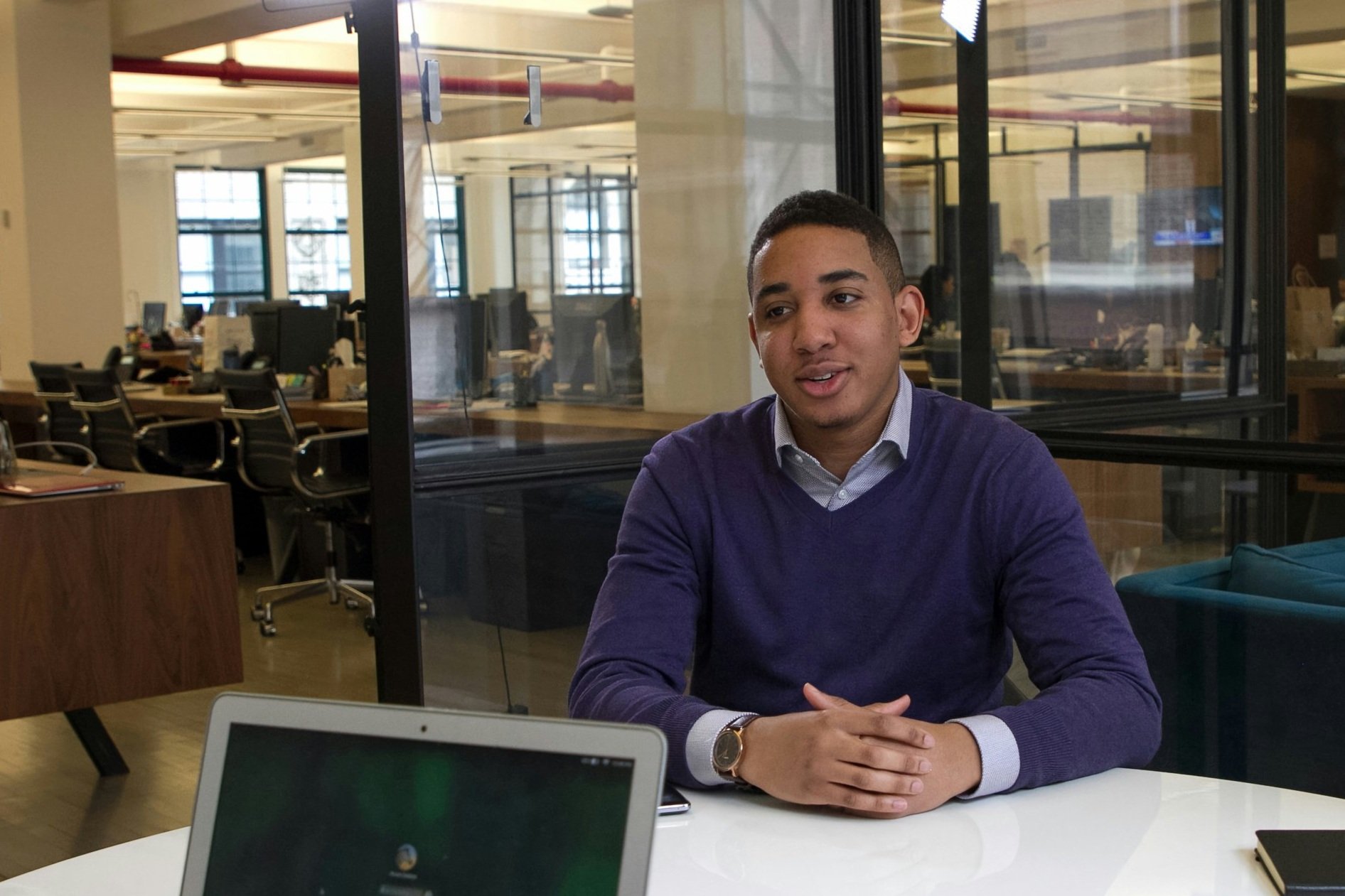Reviewing inclusivity in barrister recruitment
If you come from a minoritised ethnic background or neither of your parents has a degree, you have less chance of securing a pupillage - the final stage prospective barristers go through prior to qualification. The sector is aware of these disparities, and work has been going on for some time to try and level up the playing field. The Bar Standards Board (BSB) has an objective to encourage a strong and diverse profession, and is actively reviewing what it can do – as the regulator of barristers – to ensure the Bar is recruiting people from under-represented groups.
There is plenty of evidence about the gaps, and some about what contributes to these. To build on this, the BSB wanted a granular understanding of some of the techniques and approaches pupillage recruiters are currently using to promote greater diversity. We spoke with 40 people – 30 of whom are actively involved in recruiting for pupillage places, and 10 of whom have an interest and expertise in this area, such as recruitment experts and diversity and inclusion specialists.
The research provided a huge amount of depth and detail, revealing the systemic and cultural challenges in recruiting pupils who reflect the wider mix of people applying for pupillage places. Some examples include: ‘accentism’ affecting chances earlier in the recruitment process; and responsibility for pupillage recruitment was rarely anyone’s day job, so individuals do not have the time or expertise to make wholesale changes to recruitment processes.
The BSB has published the research here, alongside quantitative research on recruitment outcomes. The research is being used as part of the evidence informing the next phases of its work on equality and diversity, including the revision of the Equality Rules. The BSB will also use the research to encourage the implementation of more inclusive recruitment approaches.

